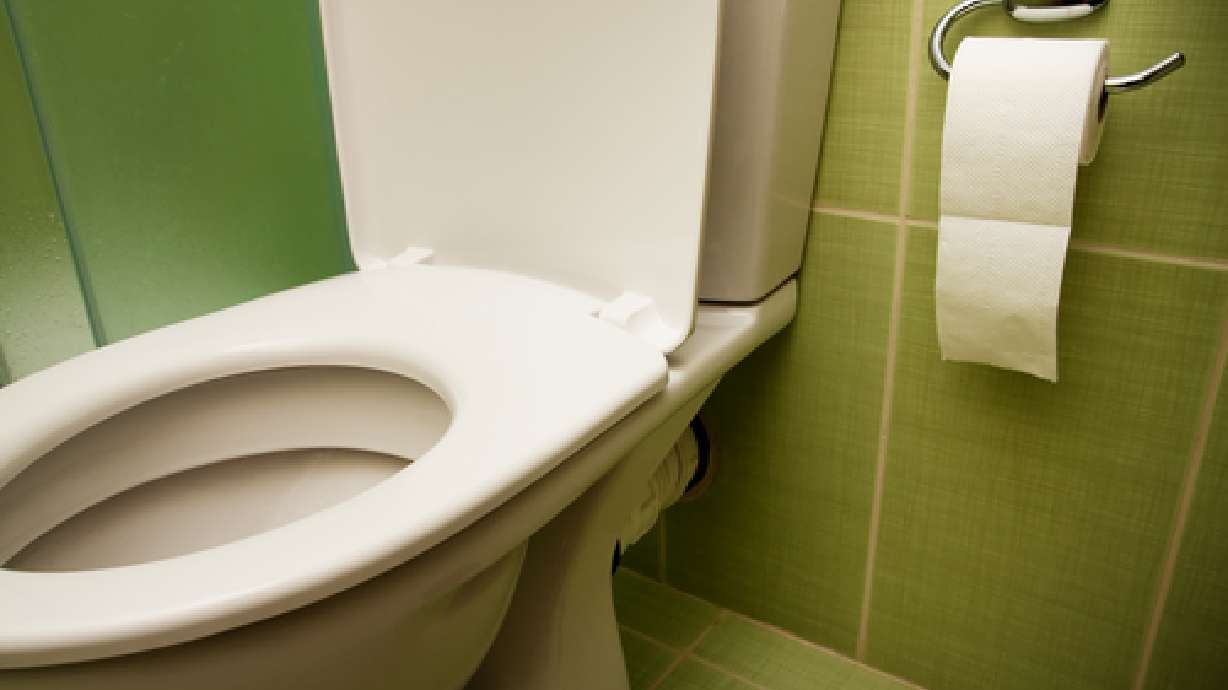Estimated read time: 3-4 minutes
This archived news story is available only for your personal, non-commercial use. Information in the story may be outdated or superseded by additional information. Reading or replaying the story in its archived form does not constitute a republication of the story.
SALT LAKE CITY — Pain and difficulty urinating are common conditions in both men and women, but they could also signal more serious problems.
When the problems are accompanied by cloudy urine, backache or fever, you could be looking at something as serious as cancer or as treatable as a Urinary Tract Infection.
In general, male patients rarely get bladder infections, which is a type of UTI. According to editors at WebMD.com, “a bladder infection (in men) may be a symptom of an underlying disorder and is generally a cause for concern. It may indicate the presence of an obstruction that is interfering with the urinary tract.”
MORE:
Typically, urination problems in men signal a prostate problem. I have also seen cases where a foreign object in the patient’s bladder is to blame for an infection. Male patients are also more likely to get kidney stones, which are extremely painful.
If you are a male patient who is experiencing any kind of urination problems, seek medical help early.
By contrast, UTIs are very common in women. While doctors aren’t exactly sure why this is, there are a couple of theories.
“(Some doctors) suspect it may be because women have a shorter urethra, the tube that carries urine out of the bladder,” the WebMD.com editors say. “Also, the opening to a woman's urethra lies close to both the vagina and the anus.”
Both of these factors make it easier for bacteria to enter the urinary tract.
Ask Nurse Suzy
Little girls will often get bladder infections due to a variety of reasons. According to KidsHealth.org, Risk factors include:
- an abnormality in the structure or function of the urinary tract (for example, a malformed kidney or a blockage somewhere along the tract of normal urine flow)
- an abnormal backward flow (reflux) of urine from the bladder up the ureters and toward the kidneys. This condition, known as vesicoureteral reflux, is present at birth, and about 30 percent to 50 percent of children with a UTI are found to have it.
- poor toilet and hygiene habits
- the use of bubble baths or soaps that irritate the urethra
- family history of UTIs
Bladder problems can also occur following a major medical procedure. Patients recovering from surgery or childbirth are often told to call the doctor if they have problems urinating. But I have a solution you might want to try first.
After surgery, your bladder and nerves that stimulate it are still asleep. Put some peppermint oil or ammonia in a small container, and hold it underneath you when trying to urinate. The fumes from the chemicals should release the sphincter, allowing you to urinate. If you still cannot urinate after a couple of tries, contact your doctor.
Bladder problems usually get worse before they get better, so do not wait to contact a urologist if you have any kind of urinary problem.
Contributing: Jordan Ormond
Suzanne Carlile, "Nurse Suzy," has been a nurse since 1982. Her main focus is critical care and nursing education. She holds a master's degree in nursing, is a Certified Emergency Nurse, and a member of NNSDO Intermountain West Chapter.










